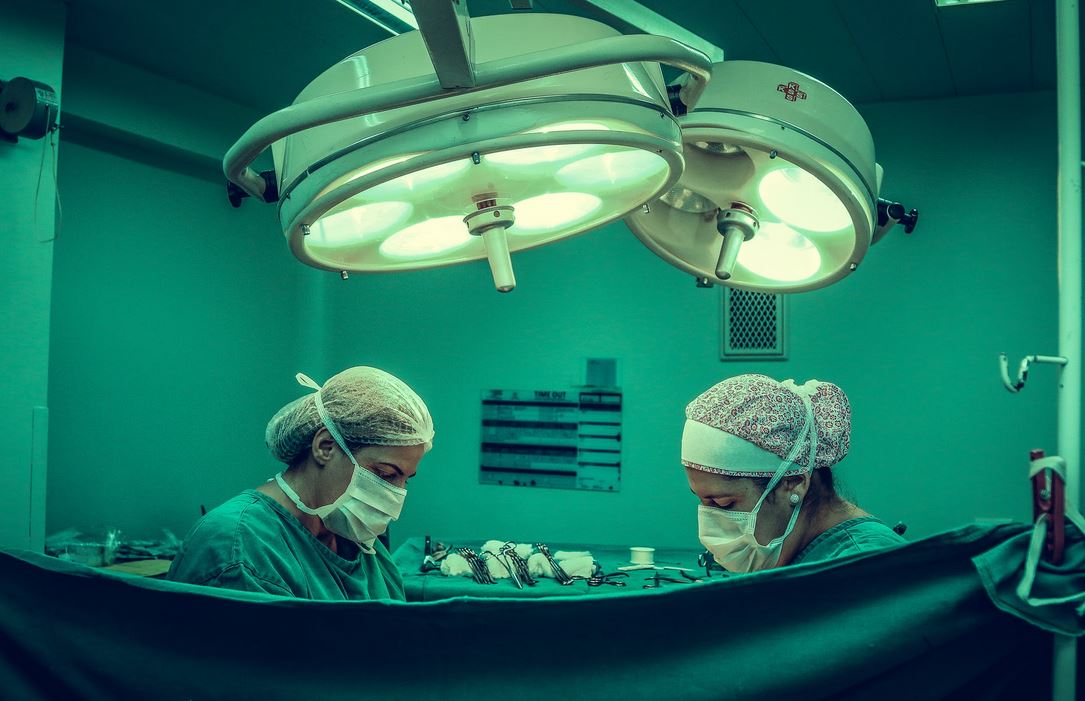It can be difficult to admit that you need to visit a gastroenterologist. That’s due in no small part to the fact that the symptoms that often accompany the type of medical conditions they treat are none too flattering. No one wants to experience bloating, flatulence, abdominal pain, bloody stool, or any number of other unsavory gastrointestinal symptoms, let alone try and stifle his or her embarrassment while trying to describe them to another person.
That said, it is of the utmost importance that you confront that embarrassment and meet with a gastroenterologist. There is nothing to be embarrassed or ashamed of in facing these medical conditions and the consequences of not doing so can be incredibly dire.
These four medical conditions can be identified and treated by a trained gastroenterologist.
1. Colon Cancer
As the third most deadly form of cancer in the United States, it is of the utmost importance that you make sure to see a gastroenterologist if you have even the slightest inkling that you may have colon cancer. According to Brisbane gastroenterologist Dr. Kavin Nanda, who provides colon cancer screening via his practice, people over 50 are especially subject to the condition and should be screened for it regularly. Potential warning signs of colon cancer include:
- You have Type 2 diabetes.
- You have a family history of inflammatory bowel disease, colitis, or Crohn’s disease.
- You have a problem with obesity.
- You are over 50.
- You have been exposed to radiation around your abdominal or pelvic area.
If you have one or more of these risk factors, you’ll want to consult a gastroenterologist. They will be able to perform tests that identify if you have colon cancer and, if so, how advanced it is and what can be done about it. Knowing how far along with the cancer is can be critical to catching it in time and thus treating it. The later you catch it, the direr the situation may be.
The hope is that you’ll be able to catch the early signs of colon cancer in time to treat it, either by removing cancerous polyps or via chemotherapy. The latter in particular can take quite a toll on the body in general and the intestinal area in particular.
That being said, both pale in comparison to the difficulties that can arise from a colectomy. Following this treatment, you may face severe restrictions such as even more strict controls on your diet than is present in inflammatory bowel disease, the removal of part or all of your colon, and having to use a colostomy bag. This bag is attached to your body and collects waste.
2. Inflammatory Bowel Disease, Colitis, and Crohn’s Disease
According to the Crohn’s and Colitis Foundation, this trifecta of conditions impacts 1.6 million Americans. The three conditions are variations on a theme wherein the large intestine becomes irritated. This can lead to a variety of different problems from sharp abdominal pain to bloody stool. All three are chronic in nature so if you have a family history of these conditions, you’ll want to get yourself checked by a gastroenterologist.
There are several different forms of treatment for these conditions. Which is right for you will depend on the severity and whether or not you are allergic to any of the treatments in question. For example, there are many medications that you can take to mitigate the effects of these three conditions but allergies to medications such as 5-Asa drugs can leave you unable to successfully treat yourself with them.
Your doctor may prescribe steroids such as prednisone for short-term treatment but used over a prolonged period of time, this can have side effects such as puffiness, increased appetite, weight gain, acne, and headaches and can be potentially detrimental to your eyes and liver.
Recent years have seen an extraordinary amount of success with Remicade and Humira. These two treatments are administered via injection, the former utilizing an IV and the latter shots with treatments being administered either in the home or at special infusion centers. With Remicade and Humira, many patients have been able to enjoy partial or full remission.
3. Gallbladder Disease
Your gallbladder is instrumental in helping the body break down and digest food. As such, if you begin to have problems with it, you may begin to experience difficulty digesting certain foods (especially those with high-fat content), nausea, vomiting, indigestion, fever, discolored stool, back pain, and similar side effects. Your doctor will be able to determine whether these side effects can be treated or whether the removal of your gallbladder is necessary.
4. Heartburn and Gastroenterological Reflux
Finally, if you have been suffering from sustained bouts of heartburn or gastroenterological reflux, you may want to consult doctors. They may be able to prescribe medications that can mitigate the pain. If the problem persists, they can work to track down and treat the root cause.
Gastroenterologists can provide invaluable insight into these four conditions and many more besides.




